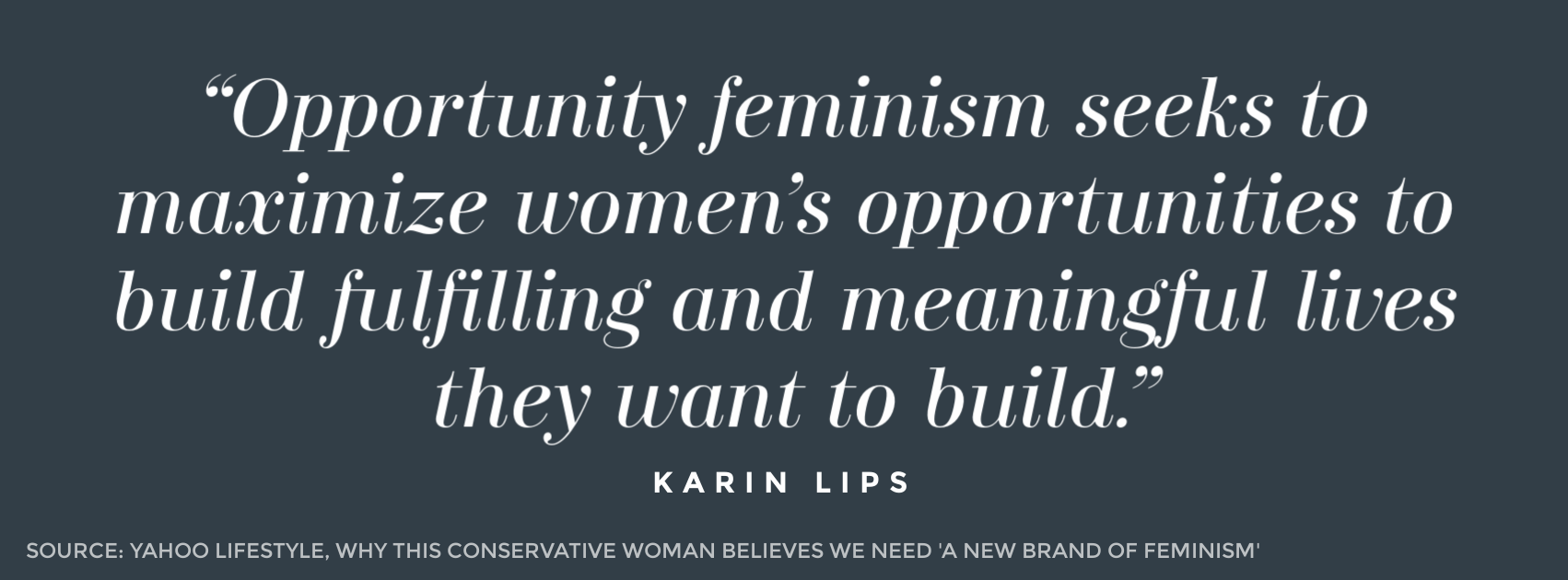Where Bernie Is Beating Hillary: Young Voters
This article originally appeared in Forbes.
If Vermont Senator Bernie Sanders wins New Hampshire on Tuesday, as recent polls predict, he will likely have millennials as one key group to thank. According to one recent poll, 87% of likely primary voters ages 18 to 29 are planning to vote for Sanders. This would track what happened in Iowa where 84% of Hawkeye caucus-goers aged 17 to 29 told entrance pollsters they planned to caucus for the Vermont Senator.
The Democratic Party’s age gap in this election is much wider than voter differences in gender, race or education. So what does it mean that so many young voters are “feeling the Bern” in 2016?
Hillary Clinton isn’t resonating with young voters
In 2008, Former Secretary of State Hillary Clinton lost young voters to Barack Obama by 46 points. Had that vote not been so lopsided she could have won the caucus and been on track to the nomination, changing the course of history. After eight years, it is becoming apparent that Clinton hasn’t solved the puzzle of how to appeal to young voters.
Adding to her struggle to appeal to millennials are the arguments of some of her key supporters—focusing on gender in ways that may seem foreign to today’s young. For example, Former Secretary of State Madeleine Albright and feminist icon Gloria Steinem made gender-specific cases for Clinton in the last week.
“We can tell our story about how we climbed the ladder. And a lot of you younger women…it has been done. It’s not done. And you have to help. Hillary Clinton will always be there for you. And just remember there’s a special place in hell for women who don’t help each other,” said Albright at a campaign rally for Clinton in New Hampshire.
During an interview with Bill Maher, Steinem explained why young women are supporting Sanders:
“When you’re young, you’re thinking: ‘Where are the boys? The boys are with Bernie,’” Steinem said.
Both women walked back their statements.
At a time when there are many reasons for millennials to be concerned about the nation’s and world’s direction, Clinton and her advocates don’t seem to be taking young voters seriously. And while she may vanquish Sanders during the primary by counting on other voting blocs, a failure to motivate and mobilize young voters would be a problem for her come November.
Young Democrats don’t fear (and may not understand) socialism
Pundits and political analysts have spent years analyzing the voting preferences of millennials. The strong support for Sanders should not be dismissed as a temporary blip. It appears that his version of “democratic socialism” appeals to many young voters.
The term “socialist” can be used as a label to tar Sanders as outside of the mainstream, but Sanders is a self-described Democratic socialist and puts his beliefs at the center of his campaign.
If you visit Sanders’ campaign website, you will see a banner—“Ready to Start a Political Revolution?” The top issue listed is “Income and Wealth Inequality.” Sanders is running on a platform of vastly larger government and more government benefits—from free college to universal health care. Sanders proposes to pay for new benefits by punishing Wall Street and the “1%.” But he does not answer the question of what happens to the economy and the nation’s already high debt when taxes are higher and government controls more of the economy.
It is a problem that so many young people are buying into the “free” promises that Sanders makes—raising the minimum wage, free college, and more—without thinking about who will actually pay for the benefits and what the consequences will be for their own economic prospects.
While new free government benefits may sound nice to young voters, Sanders voters should prepare to feel a “Bern” in their wallets should he succeed.
Young voters haven’t always been quick to support the more liberal candidate. The mood of the electorate sure has changed from 1984, when President Ronald Reagan won the youth vote.
Regardless of what happens Tuesday night in New Hampshire, one of the bigger stories is already shaping up for the 2016 campaign. Young Democratic voters in the early states strongly prefer Sanders and his democratic socialist campaign. Time will tell what that means for November and the nation’s future.



